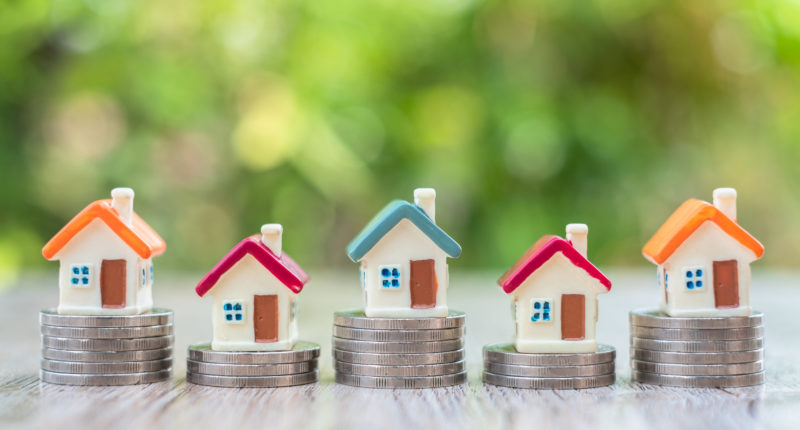- Rising rates to remove market speculators
- Investor activity only recently hit historical averages
- Low vacancy rates and higher weekly rents now entrenched
Amid all the screaming headlines about interest rate “hikes” and property market “doom” over recent days, my demeanour has been far from blue in the negative sense of that word.
Rather, I been quite upbeat and optimistic for myself as an investor and for our investor clients for the months ahead.
There are a number of reasons for my positivity, including the fact that rising interest rates will help to see speculative investors and overly emotional buyers exit the market, which is always a good thing.
Throughout last year we continued to purchase strategically selected investment properties for our clients, but sometimes we missed out because there was a buyer who was prepared to pay an absurd sum for a property that made absolutely no financial sense.
Depending on where and what they bought, they may rue that decision soon enough.
Opportunity ahead
While I believe this year’s market can benefit both homebuyers and investors, it’s clear that it is the latter who is likely to be the most active in 2022.
This is because sophisticated investors understand monetary policy and they know that even a cash rate of two per cent or higher is still low by historical standards.
So, while some people (perhaps many) stand on the sidelines waiting for the property sky to fall, they will use the lull to purchase the best investment properties available.
Investors are already making a solid return to markets around the nation but have only just returned to historical averages after being mostly missing for about five years.
Way back in 2017, new lending restrictions prevented many investors from securing finance, which resulted in their numbers plummeting.
At the start of the pandemic, investors hit a recent record low of 22.9 per cent of all mortgages, when their historical average is about 35 per cent – a percentage that was only achieved in March this year, according to the ABS.
Of course, with such a fall in investor activity over recent years, vacancy rates have been reducing, too, with the national rate now just one per cent – the lowest since 2006.
In some locations, vacancy rates are well below one per cent, remembering that the accepted industry measure for a balanced rental market is a three per cent vacancy rate.

As we all know by now, the critical undersupply of rental properties is causing weekly rents to skyrocket.
According to SQM Research, capital city house rents are recording 12 month increases of 14.7 per cent, while unit rents have risen by 11.2 per cent.
The situation is even more extreme in many regional locations as well, plus this is all happening in a period when net population growth has been mostly non-existent because of the pandemic kyboshing overseas migration.
So, these are some of the reasons why I believe this year will be the best one for many years for investors who are keen to secure an long-term asset with strong growth potential – while everyone else over-reacts to the normal mechanisms of monetary policy.








